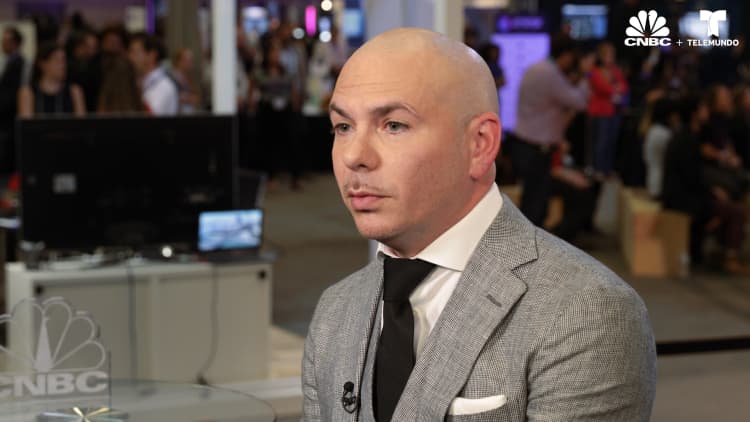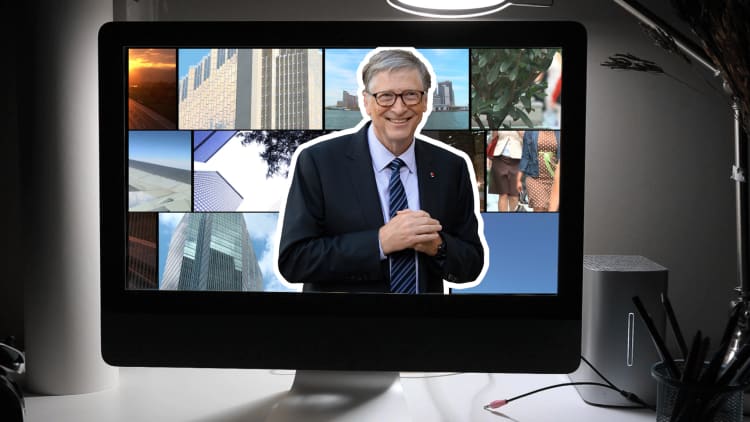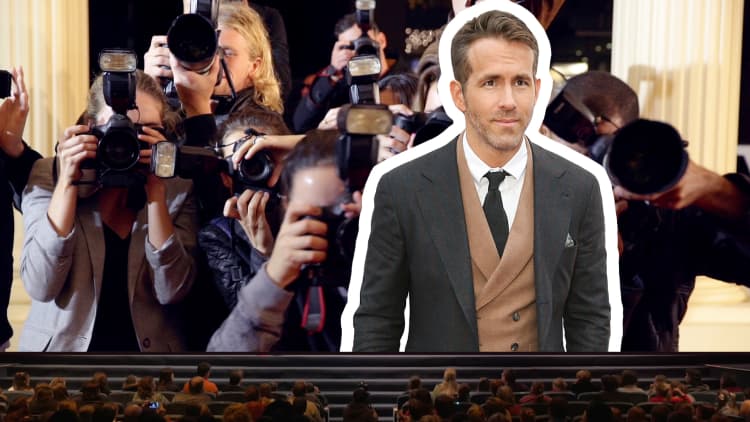Jeff Bezos began Amazon in 1994. By 1997, he was a millionaire and, by 1999, Bezos was a billionaire.
At age 22, Mark Zuckerberg was a millionaire and just the next year, at age 23, he became the youngest billionaire in history at that point.
In 1956, Warren Buffett had a dream, in pursuit of which he started three investment partnerships. At the time, he had only seven investors, including himself. By 1962, his investment partnerships officially made him a millionaire. By 1990, he was a billionaire.
There is a reason I devote so much time writing about dreams. Building the business of your dreams is the No. 1 most powerful way to amass wealth.
It is also one of the most difficult ways.

I spent five years studying the good and bad habits of 177 self-made millionaires and wrote four books, sharing that research. I’ve also traveled the globe speaking to thousands about my Rich Habits/Poor Habits research.
One of the many things I learned from my Rich Habits research is that the pursuit of a dream, especially in the form of a business, is not for everyone. It requires an investment in both time and money and inherent in any investment is risk. Some people are just not cut out for that risk.
Risk, when it comes to pursuing a dream, takes two main forms.
Time risk
You must devote time, often years, to making your business dream come true. There are no guarantees going in that you will derive any financial benefit from the pursuit of a dream, of course. This is the No. 1 time risk you take: that all of your time will be for naught. It doesn’t take very long before significant others or family members weigh in on the prudence of continuing to devote your time to the pursuit of your dream.
There is a secondary time risk, too: During this dream-pursuit phase, it is unlikely that you will accrue any benefit in the form of income. Even if you are successful in realizing a dream, it still usually takes many years for a dream to make you money.
Money risk
Business dreams also often require a financial investment. The No. 1 money risk associated with the pursuit of a dream is that you will lose everything you invested if the dream does not become a reality. Once again, the many voices around you will be asking you to give up if your dream doesn’t start to pay dividends.
The secondary money risk is that the money you invest early on will be locked up for however long it takes for your dream to become a reality.

Despite all of this, when you realize a business dream, the financial rewards are very often significant when compared to the investment. And the payoff is often life changing. Money problems disappear, doors previously closed magically opening up, opportunities to increase your wealth manifest out of thin air, and last but not least you have more freedom because now you have the money to do what you want when you want.
Freedom! Sounds nice, doesn’t it?
This potential financial windfall, and all of the tag-along benefits that accrue, is why the pursuit of a business dream is the No. 1 method for amassing the most wealth.
Tom Corley is an accountant, financial planner and author of "Rich Kids: How to Raise Our Children to Be Happy and Successful in Life."
Like this story? Subscribe to CNBC Make It on YouTube!
Don't miss: Author who studies millionaires: 240 minutes a day separates the rich from everyone else
A version of this article originally appeared on Rich Habits.
This article has been revised to remove a reference to the timing of Facebook’s IPO.


